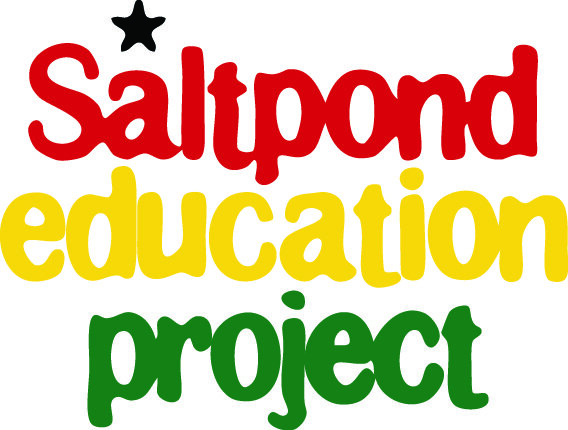Our schools

The SEP Happy Primary School
The SEP Happy primary school opened its doors in September 2010 with just one class. We now have eight classes of students from Kindergarten up to Class 6. The KG classes (ages 3-5) learn through play in specially designed classrooms. Classes 1-6 (ages 5-11) learn in an active and engaging way. We follow the Ghanaian national curriculum but make sure that our teaching methods are always dynamic and innovative.
Junior High School
In 2015, our first cohort of students at the SEP Happy School graduated from the primary system. But the costs of attending junior high school (JHS) – uniforms, resources, PTA fees, lunches – were just too high for their families to afford. Not to mention the loss of earnings that the families would incur by the children continuing their education. So we set up a sponsorship programme to support our graduates into the government-run JHS in Saltpond.
Five cohorts of students have now gone to the local JHS and many of them have really excelled there. However, Mike (project coordinator) and Emmanuel (headteacher) feel strongly that SEP should now have its own JHS. There are many reasons for this:
We work closely with the Ghanaian Education Service (GES) who have advised us to expand, since most primary schools in Ghana go from KG right up to JHS.
The current system creates a lot of extra work for our team in Ghana – Emmanuel has continued teaching extra lessons for all of our graduates on Saturdays, and Mike meets all of them every morning to give them their lunch money. Additionally, there are time-consuming negotiations with schools each September.
We’ve been saddened about reports from our graduates of the use of corporal punishment in the local government JHS schools, which has led to relatively high rates of students dropping out.
Building a new JHS
Our JHS will continue the innovative and inspiring teaching methods embedded at the SEP Happy Primary School, and we’ll be able to maintain the caring, pastoral environment that our students are used to.
It is a founding principle of SEP to support our community in breaking the cycle of poverty through education. In order to do so, students must reach the end of JHS so that they can take the BECE examination, the nationally recognised certificate of education.
In 2018, we secured funding for a plot of land next to our current school, and Mike worked hard for several months to get the plans drawn up. In late 2019, we started work on a new building, which is ongoing. We’ve had a few setbacks along the way, including a global pandemic, but we’re hoping to open the new school in September 2021. In the meantime, once the building is completed, the primary school will use the extra classrooms and space to allow for social distancing.
Senior high school
After three years of junior high school (JHS) , the next step for students in Ghana is to attend senior high school (SHS). When our first cohort of graduates reached this stage in 2018, we knew once again that we had to keep supporting them. All the students had passed the national BECE certificate of education exam at the end of the JHS. This was such a huge achievement for these children, who had never even expected to finish primary school.
Awutu Winton School
We encouraged all of our students to take the entrance exam for the EDP Awutu-Winton high school. This is a private senior high school a couple of hours away from Saltpond, which is also funded by a small, UK-based charity and follows a very similar ethos to SEP.
Two of our students passed the tough entrance exams and have been attending EDP since September 2018. The rest of our graduates were allocated to various government senior high schools near Saltpond and continue to do well.
Apprenticeships
At SEP, we’re very aware that that three years of SHS might not be right for every student. So in 2021, we started a vocational apprenticeship scheme. We want to support our graduates to have lifelong skills and trades that will support them and their community, and eventually help to break the cycle of poverty. Our first cohort of 5 students are undertaking apprenticeships in cake making and floral decoration, welding, masonry and tailoring.




